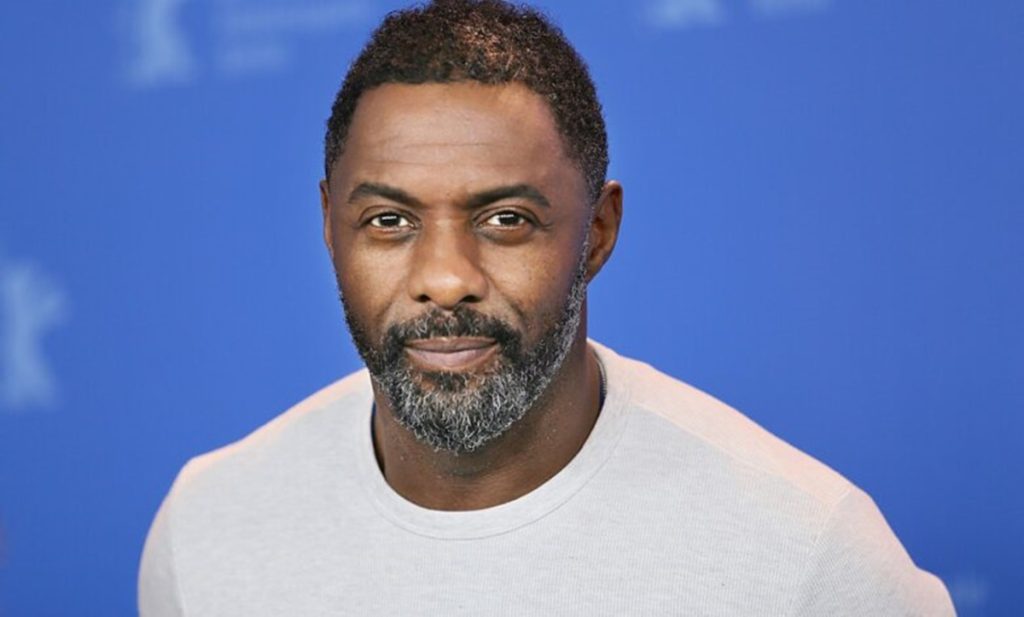British star Idris Elba plans to move to Africa in the next ten years as he hopes to support the continent’s film industry, BBC reports.
The actor, born in London to a Ghanaian mother and a Sierra Leonean father, while attending a film industry gathering in Accra, expressed his intention to play a significant role in boosting the continent’s filmmaking.
Idris mentioned that he is currently engaged in projects to establish film studios in Zanzibar, Tanzania, and Accra, Ghana, as part of his vision to strengthen local filmmaking. He emphasised the significance of Africans sharing their narratives on the world stage.
“I would certainly consider settling down here; not even consider, it’s going to happen,” he said.
He added, “I think [I’ll move] in the next five, 10 years, God willing. I’m here to bolster the film industry – that is a 10-year process – I won’t be able to do that from overseas. I need to be in-country, on the continent.”
The English actor will also play Okonkwo, the main character in Chinua Achebe’s renowned book, Things Fall Apart, in an upcoming TV series adaptation.

Elba, recognised for his performances in Beasts of No Nation, Pacific Rim, and Thor, mentioned that he is not willing to settle down in one location.
“I’m going to live in Accra, I’m going to live in Freetown Sierra Leone’s capital, I’m going to live in Zanzibar. I’m going to try and go where they’re telling stories – that’s really important,” he added.
He expressed his dedication to using his influence to elevate the local film industry in the region.
“I’m here to bolster the film industry—that is a 10-year process.
“I won’t be able to do that from overseas. I need to be in-country, on the continent,” he said.
He believes the movie industry functions as a form of “soft power” capable of changing worldwide perceptions of the continent.
“If you watch any film or anything that has got to do with Africa, all you’re going to see is trauma, how we were slaves, how we were colonised, how it’s just war and when you come to Africa, you will
realise that it’s not true.
“So, it’s really important that we own those stories of our tradition, of our culture, of our languages, of the differences between one language and another. The world doesn’t know that,” he stated.
He aspires to film movies in his studio in Accra someday, highlighting the potential of locally produced stories.
“We have to invest in our storytelling because when you see me, you see a little version of yourself, and that encourages us,” he said.


